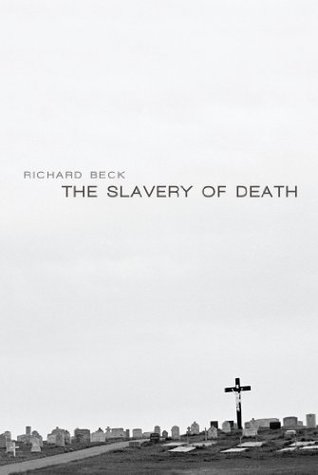More on this book
Community
Kindle Notes & Highlights
According to the Orthodox, the real issue at the heart of Genesis 3—the biblical story of “the Fall”—is not focused on establishing a causal model regarding the sin/death relationship and how we inherit a moral stain from our ancestors, but is mostly concerned about the etiology of death and who is to blame for introducing death into the world. In other words, the Eastern Orthodox tradition understands Genesis 3 to be more about theodicy (a story about where death came from) than soteriology (a story about where sin came from).
The seminal work of Gustaf Aulén has done much to recover this understanding of the early church: [Christus Victor’s] central theme is the idea of the Atonement as a Divine conflict and victory; Christ—Christus Victor—fights against and triumphs over the evil powers of the world, the “tyrants” under which mankind is in bondage and suffering, and in Him God reconciles the world to Himself.9
In contemporary American culture our slavery to the fear of death produces superficial consumerism, a fetish for managing appearances, inauthentic relationships, triumphalistic religion, and the eclipse of personal and societal empathy. These are the “works of the devil” in our lives, works produced by our slavery to the fear of death.
As Jean Vanier, founder of L’Arche, observes, “People are sometimes frightened of following Jesus because they are frightened of losing things.”57
Baptism is a renunciation of Satan, sin, and the evil powers at work in our hearts and minds. But many Christians have a thin view of what this renunciation looks like—we tend to think of it as an act of willpower, as simply resisting cravings and temptations. This perspective is symptomatic of the Protestant focus on piety; however, the Christus Victor frame we’ve explored in earlier chapters shows that the problem is much deeper and more pervasive. Sin, in this view, is less about hedonic craving than it is about our slavery and bondage. The issue isn’t temptation as much as it is identity
...more
Stringfellow describes as “the genius of the Christian life”? Stringfellow writes, “[T]he genius of the Christian life, both for a person and for the company of Christians, is the freedom constantly to be engaged in giving up its own life in order to give the world new life.”87


